
Book review: Colonial America
It didn’t start with the Pilgrims…
Book review:
Colonial America: A Very Short Introduction
by Alan Taylor
Oxford: Oxford University Press, 2013
151 pages
This is another blockbuster in the A Very Short Introduction series.
No matter how much you think you know about colonial America, you’ll learn more from Taylor’s sweep of all the Atlantic horizons.
I won’t attempt the thankless task of summarizing a brief summary of the historical verities of the millions of American Indians who lived in North and South America for thousands of years, and of the Spanish, French, English, and Dutch colonists who invaded the Indians’ homelands.
For a new student of American history, Taylor’s work is a stunning, almost counter-intuitive presentation of the broad array and surprising diversity of “first contact” and subsequent colonial experiences—the Pilgrims were latecomers, they certainly weren’t the “first Americans” in any way you can imagine.
For the serious student and the historian, Colonial America offers many reminders of all the things you don’t know too well (or at all), and all the things you know about colonial America that aren’t true.
Before 1492, the indigenous populations of North America and South America comprised about 7% of the inhabitants of Earth. In 1800, the American Indians were less than 1% of global population. In the 18th century, most of the new arrivals in the Americas were African slaves, not European colonists. These are a couple of the flip sides of the colonial success stories.
* * * * * *
It’s the tiny sound of the surf…
…listen for the sea…(my poem)
“Listen”
Book review. Copyright © Richard Carl Subber 2018 All rights reserved.
-
As with another eye: Poems of exactitude with 55 free verse and haiku poems,
and the rest of my poetry books are for sale on Amazon (paperback and Kindle)
and free in Kindle Unlimited, search Amazon for “Richard Carl Subber”
* * * * * *
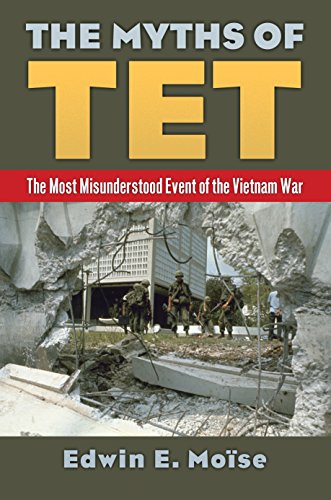
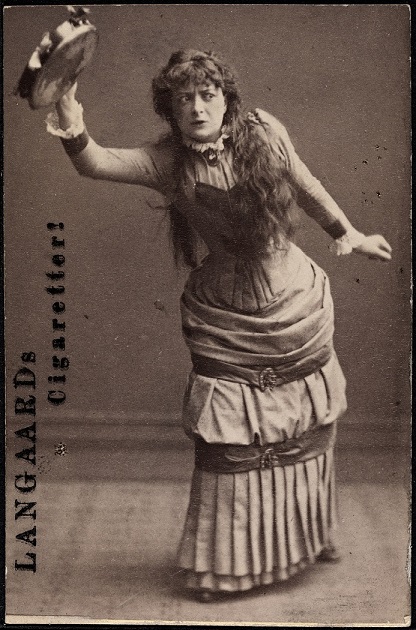
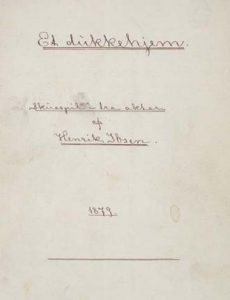
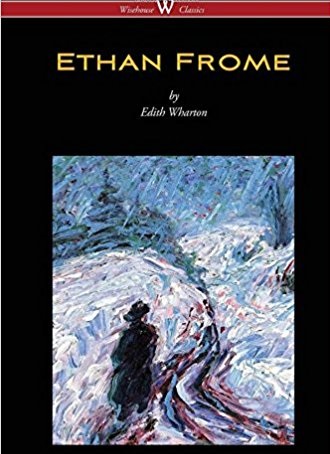
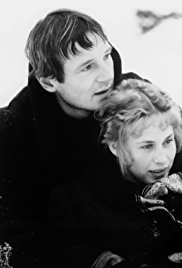
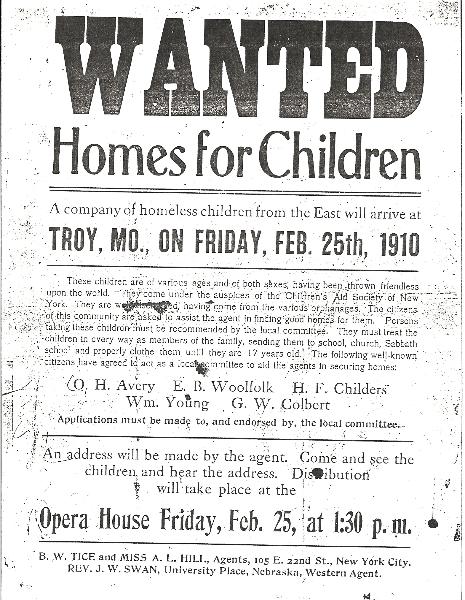

 Another character, Molly Ayer, the modern goth lassie who interacts with the nonagenarian Niamh, is a puzzlement. She’s a foil and an analog for Niamh—her story is a provocation in Orphan Train, it adds interest and it injects a diffusion of clarity. I assume that’s what Kline wanted.
Another character, Molly Ayer, the modern goth lassie who interacts with the nonagenarian Niamh, is a puzzlement. She’s a foil and an analog for Niamh—her story is a provocation in Orphan Train, it adds interest and it injects a diffusion of clarity. I assume that’s what Kline wanted.